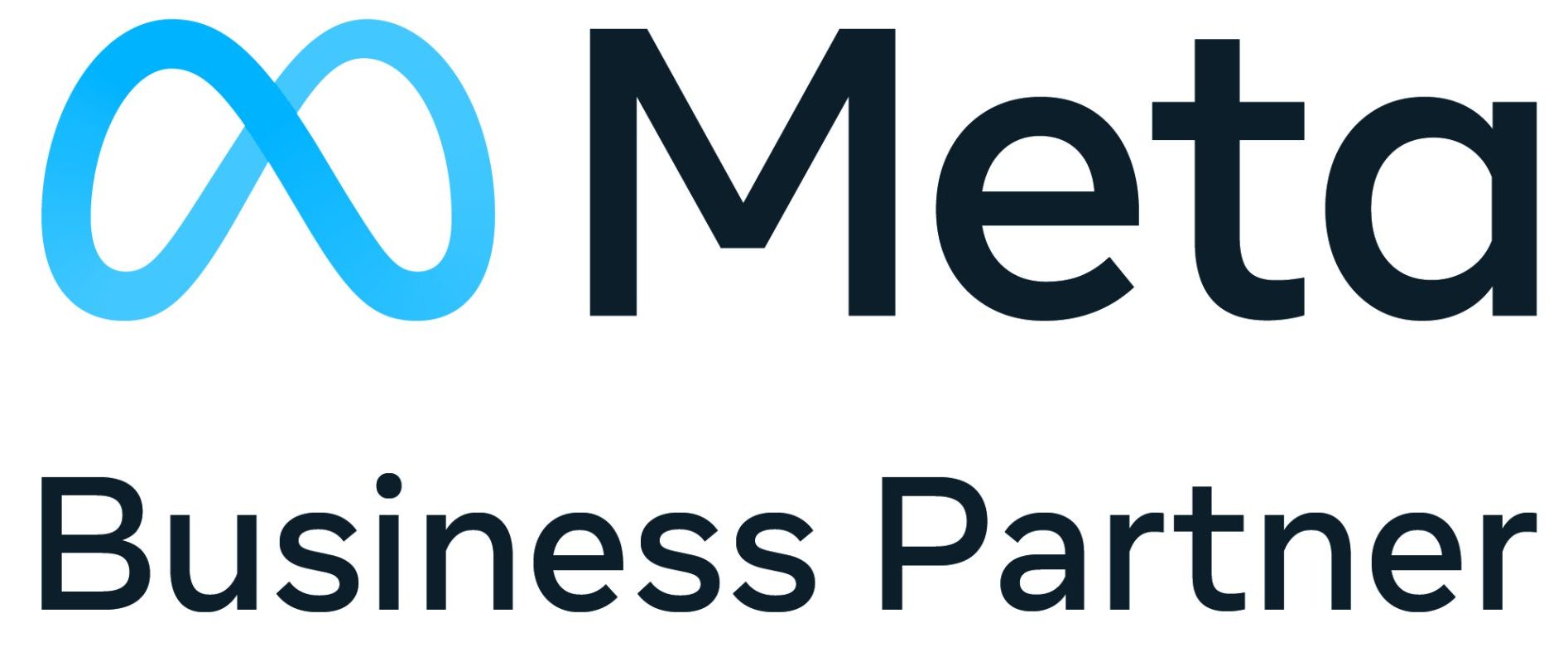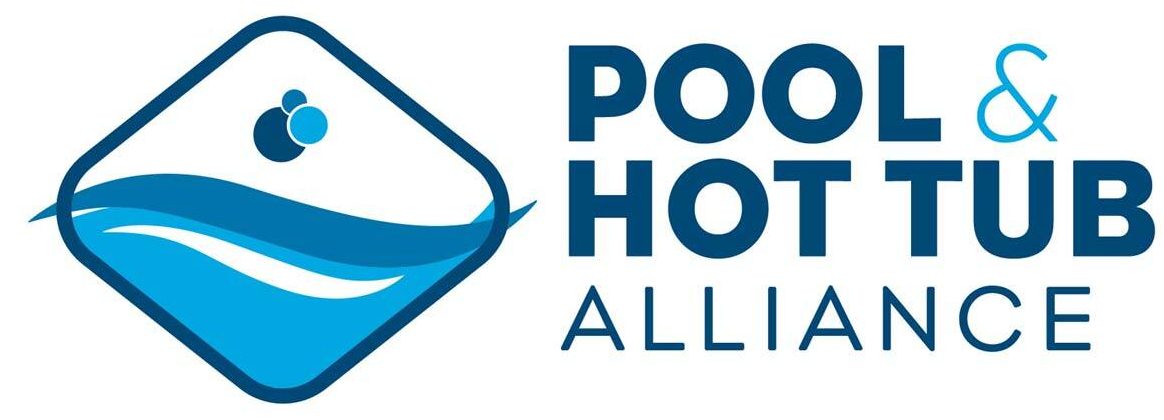Take a stroll through the latest marketing blogs, and you’ll quickly get dizzy. All those metrics. All those acronyms! BR, CPA, CPC, PV, SEO … Metrics reports sometimes look more like a launch sequence at NASA than something for those of us who got Bachelor’s of the Arts degrees for the sole purpose of avoiding math and science classes.
All you really want to know:
Are my efforts working?
What could I do better?
Am I getting my money’s worth?
As it happens, digital marketing metrics are a lot like your high school reunion. You can breeze in, say, “howdy” to your oldest BFFs and breeze right back out. Or, you can come early, eat all the munchies, get the lowdown on Sandy’s 5 divorces and Steve’s bypass surgeries, and be the last to leave. Marketing metrics are as deep as you want to go.
It pays to start with the most critical performance indicators. Then, add to your regular metrics reporting as you get a handle on which are most critical to your operations. Here are the basic essentials you always need to stay on top of.
Website Traffic
Whether you’re a global e-commerce site or just a local mom & pop shop, you have to know how many people are visiting your website. Also, know how many visitors are new and how many are returns. Depending on what you sell and the average length of time your customers tend to take to make purchase decisions, visitor return rates often translate directly into conversions (sales). But knowing your new visitor numbers as well tells you how well your marketing efforts are working. Actual numbers are less important than growing numbers. One hundred visitors in March is good if you only had 78 in February. Three thousand visitors is terrible if you had 8,800 the month before. To account for seasonal fluctuations, year-over-year metrics is more of a growth indicator than month-over-month. But track both.
Bounce Rates
Website traffic metrics tells you if you’re getting people there. Bounce rates tell you if you’re keeping them there. Interested shoppers tend to stay awhile and consume a fair portion of your content, represented by low bounce rates. High bounce rates mean they came, saw, and split. This is usually an indication that you aren’t giving them what they came for. The thing about bounce rates is, high bounce rates don’t just affect your customers; Google sees those bounce rates and lowers your search ranking. That makes it harder to get people back on your site next time. You can usually improve bounce rates by offering high-quality, highly-informative, highly-relevant content on your site. Why are you reading this? You came because you saw the title and needed to know what metrics to track. You stayed because we’re actually answering your question. That should be the goal with your own website, too.
Are these the only metrics you should track? No! This is merely a good starting point for getting on top of your metrics. Once you have a handle on who’s coming to your website, how long they’re staying, and what it takes to get them to sign up or buy your stuff, you can add to your metrics tracking to dig even deeper into your digital marketing health. Unlike Sandy’s divorces and Steve’s bypass surgeries, there’s info there you can really use.
Need some help? The Get Smart Group are pros in digital marketing, and we provide the metrics reporting to back up those claims. If all you hear from your current marketing guys is, “Yeah, it’s working,” then look deeper. With state-of-the–art CRM tools and trendsetting metrics reporting, we give you the numbers to prove our efforts translate into sales. The only thing you have to lose is missed opportunities!










